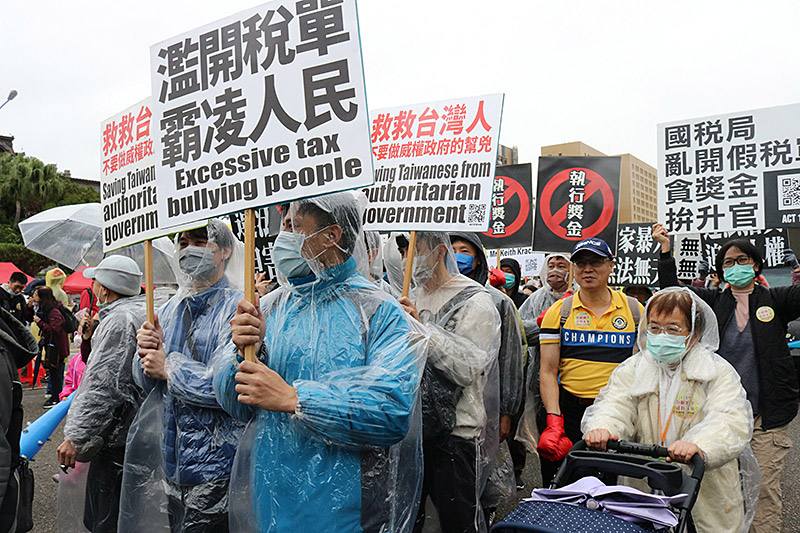One third of world's donated blood supply from young people – UN health agency
More than one third of the life-saving blood donations worldwide are made by people under the age of 25, the United Nations World Health Organization (WHO) announced today on the occasion of World Blood Donor Day.
This year marks the first time that the agency has unveiled data for blood donation by age.
“It’s important to see that in many countries a lot of young people are already giving blood,” said, Carissa Etienne, WHO Assistant Director-General for Health Systems and Services. “Countries can use this to encourage more young people to become donors.”
World Blood Donor Day, kicking off with events in Barcelona today, seeks to highlight the contribution to public health that unpaid blood donors make, and this year’s theme – “New blood for the world” – hopes to raise awareness of the role that young people play in maintaining supplies of safe blood.
A WHO survey from 2008 found that people under the age of 25 contribute more than half of blood donations in 14 countries, including Botswana, Jordan, the Republic of Korea and Zimbabwe.
The standard age range for blood donation is between 18 and 65, but some nations will accept blood from people as young as 16 with parental consent.
More than 93 million units of blood donations are collected globally every year. Half of these are donated in low- and middle-income countries, home to nearly 85 per cent of the world’s population.
WHO said that voluntary unpaid donations are preferred because they are generally safer than paid donations, with evidence pointing to voluntary donations promoting healthy lifestyle choices among younger donors.
Currently, 62 countries obtain all of their supplies from unpaid donors, up from 57 last year.
“Young people are the hope and future of a safe blood supply in the world,” said Neelam Dhingra, the agency’s Coordinator of Blood Transfusion Safety.
“We are confident more countries can achieve 100 per cent voluntary unpaid blood donation if they focus efforts on engaging young people.”
WHO said that if at least 1 per cent of a country’s population donates blood, that is generally sufficient to meet its basic requirements for safe blood.
Among the greatest uses are replacing blood lost in childbirth and treating anaemia in children who have malaria or are undernourished.
Last month, WHO Member States passed a resolution to enhance the availability, safety and quality of blood products, paving the way to increase access to safe blood transfusions and to affordable blood products in developing countries.
The agency has cautioned that millions of people requiring transfusions do not have timely access to safe blood, while many also die because safe blood is not available even in some urban health-care facilities.
Source:UN Daily News
- 635 reads



